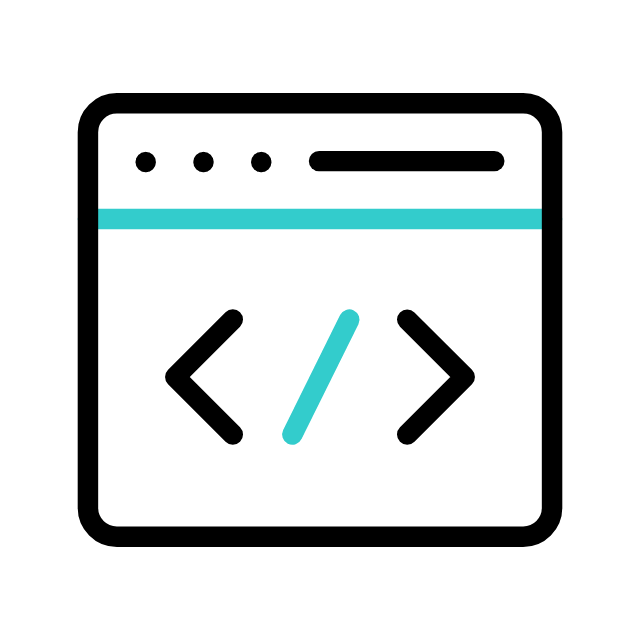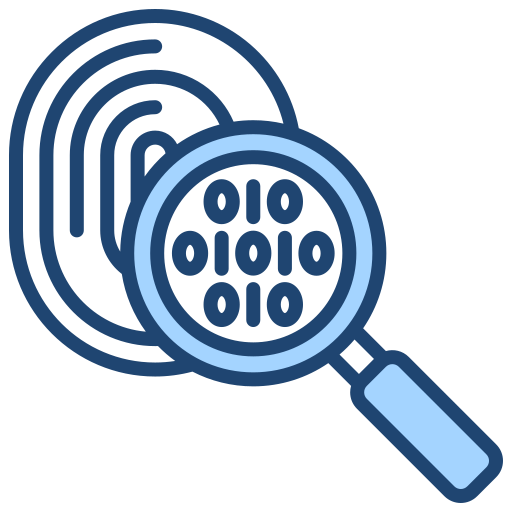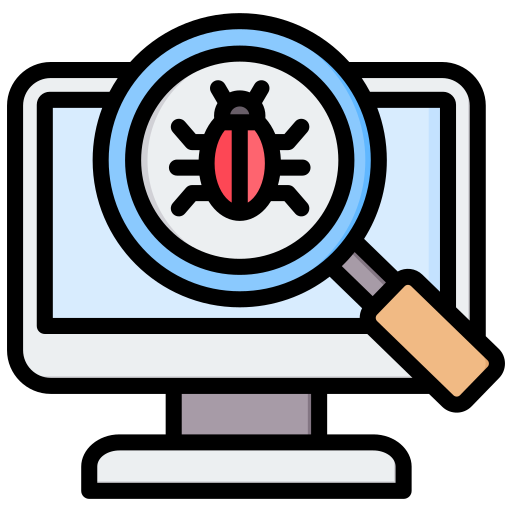Capture The Flag
What is our Capture The Flag Service?
Categories

Web Security
CTF challenges in web security focus on vulnerabilities commonly found in web applications, such as SQL injection, cross-site scripting (XSS), and server misconfigurations. Participants analyze web application code, manipulate input parameters, and exploit vulnerabilities to retrieve flags.

Mobile Security
Mobile security challenges revolve around identifying vulnerabilities in mobile applications and mobile device configurations. Participants analyze mobile app binaries, intercept network traffic, and exploit weaknesses like insecure data storage, improper authentication, and insecure communication protocols.

Source Code Review
Source code review challenges involve analyzing code snippets or entire applications to identify security vulnerabilities, coding errors, and best practices violations. Participants review code for common vulnerabilities like buffer overflows, insecure cryptographic implementations, and insecure data handling.

Digital Forensics
Digital forensics challenges require participants to analyze forensic evidence, such as disk images, memory dumps, or network traffic logs, to uncover clues and solve cybercrime-related scenarios. Participants use forensic tools and techniques to reconstruct events, recover deleted data, and attribute actions to attackers.

Cryptography
Cryptography challenges involve deciphering encrypted messages or breaking cryptographic algorithms to recover plaintext or keys. Participants analyze ciphertexts, cryptographic protocols, and cryptographic implementations to identify weaknesses and exploit them to recover flags.

Malware Analysis
Malware analysis challenges require participants to analyze malicious software samples to understand their behavior, capabilities, and objectives. Participants use static and dynamic analysis techniques to dissect malware binaries, identify malicious functionality, and extract indicators of compromise.

Reverse Engineering
Reverse engineering challenges involve analyzing binary executables or firmware to understand their inner workings and extract valuable information. Participants disassemble, decompile, and debug binary code to reverse engineer algorithms, recover hidden functionalities, and locate flags.

Machines
Machine challenges simulate real-world system compromise scenarios, where participants exploit vulnerabilities to gain unauthorized access to remote machines. Participants exploit misconfigurations, weak authentication, and software vulnerabilities to compromise machines and retrieve flags.

